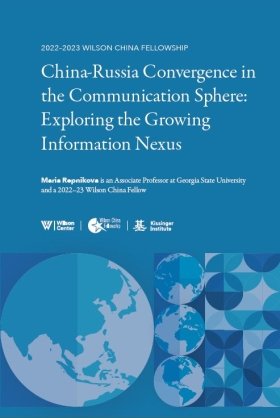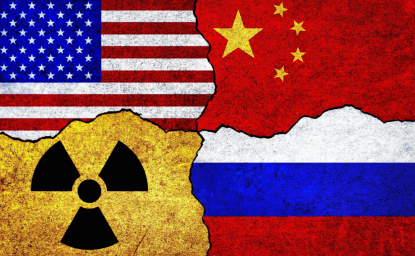China-Russia Convergence in the Communication Sphere: Exploring the Growing Information Nexus


This paper examines China-Russia relations through the lens of information politics. Specifically, it analyzes the extent of the bilateral “information nexus” or the strengthening of ties between the two sides in the communication domain, and its key dimensions, limitations, and policy implications. Drawing on a mix of primary and secondary sources in Chinese and Russian languages, this study demonstrates a growing and systematic coordination and collaboration in the information sphere at the bilateral level. The analysis uncovers an increasing institutionalization and socialization in bilateral media relations and efforts at content co-production and synchronization of mutual media coverage. At the same time, this relationship also faces some limitations, including inconsistency and asymmetry in media interactions and limited coordination directed at global and non-official contexts.
Author

Associate Professor, Department of Communication, Georgia State University

Kissinger Institute on China and the United States
The Kissinger Institute works to ensure that China policy serves American long-term interests and is founded in understanding of historical and cultural factors in bilateral relations and in accurate assessment of the aspirations of China’s government and people. Read more

Explore More
Browse Insights & Analysis
US Inaction Is Ceding the Global Nuclear Market to China and Russia

360° View of How Southeast Asia Can Attract More FDI in Chips and AI



